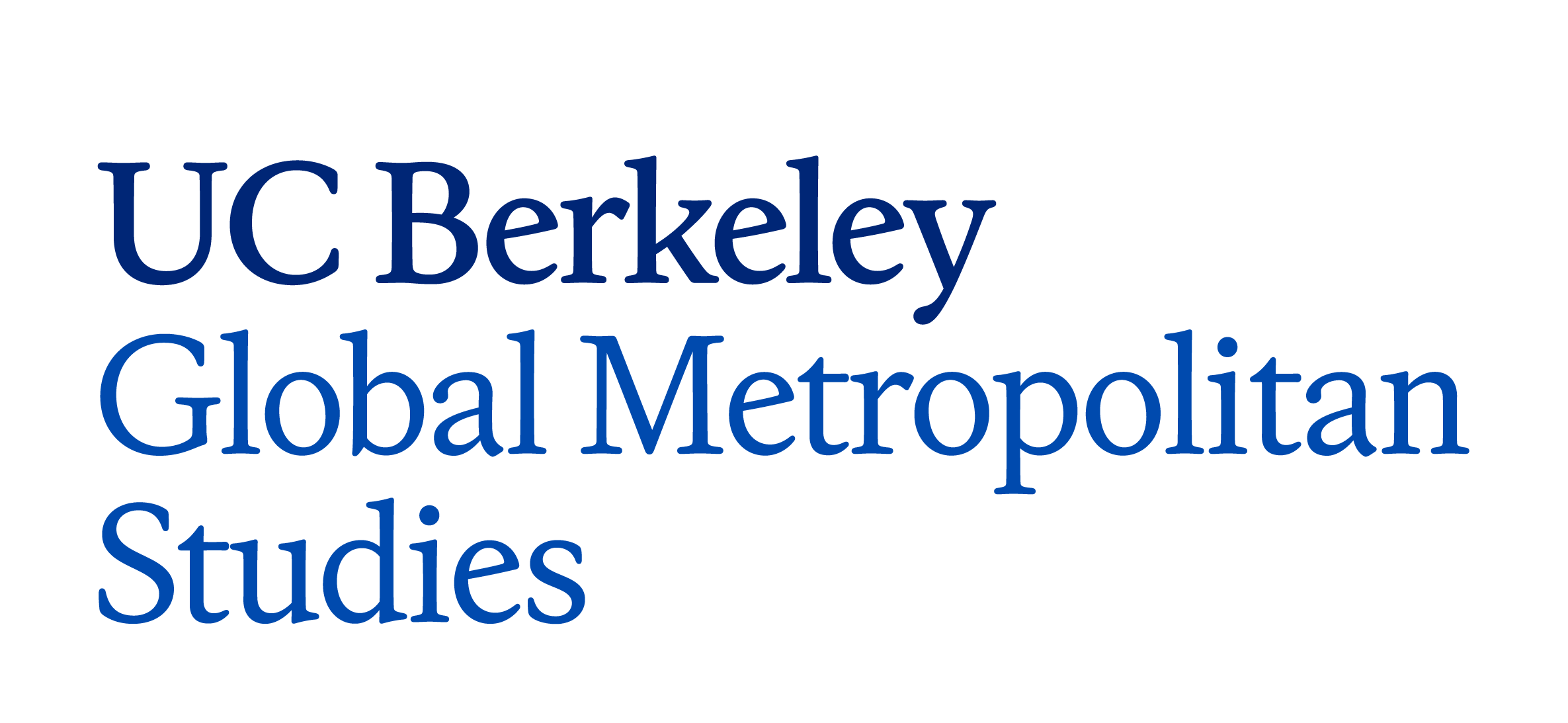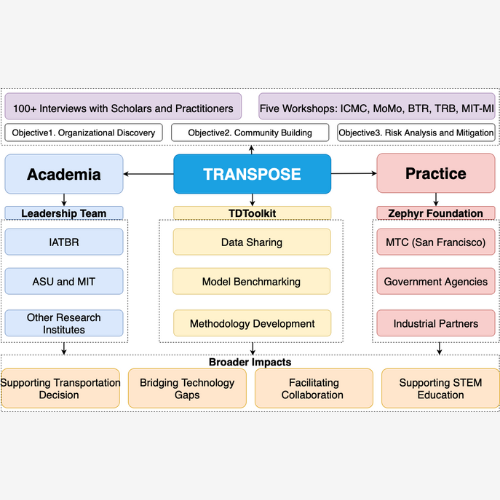Transportation demand modeling faces a critical fragmentation crisis: despite methodological advances spanningdiscrete choice models, machine learning, and hybrid approaches, the field lacks systematic means to evaluate whichinnovations represent genuine progress. Current practice follows a “bespoke modeling paradigm” where researchersindependently develop models using disparate datasets, varying metrics, and incompatible implementations, renderingcross-study comparisons nearly impossible and impeding cumulative scientific advancement. While this fragmentationcosts billions in misallocated infrastructure investments (peer-reviewed papers report that rail patronage overestimatedby 100% on average and half of road projects missing forecasts by at least 20%) the transportation field has historicallyjustified methodological isolation through the axiom that “context matters,” treating geographic and cultural variation asa barrier to generalization rather than a dimension for systematic study.
My research addresses this fundamental challenge through DCMBench, an open-source Python framework providingstandardized infrastructure for discrete choice model benchmarking, now evolving into TRANSPOSE (TRANSPortationdemand modeling Open Source Ecosystem): a comprehensive community-driven platform unifying fragmented modelingtraditions. DCMBench features dynamic dataset management, JSON-based model specifications ensuring exactreproducibility, and a framework-agnostic architecture enabling head-to-head comparison of models from Biogeme,PyTorch, scikit-learn, and other libraries using standardized multi-criteria metrics encompassing statistical fit, predictiveaccuracy, and economic interpretability. Through benchmarking experiments across open-source transportationdatasets, I demonstrate how systematic comparison reveals critical trade-offs in model selection and specification,which result in different policy implications. The support from GMS funds to develop this infrastructure was essential.
The evolution to TRANSPOSE scales this foundation through organizational discovery and community building acrossacademia and practice. By transforming isolated city-by-city planning into collaborative, evidence-based decision-making, TRANSPOSE will establish shared infrastructure enabling agencies to evaluate innovations with confidence,researchers to validate methods in operationally relevant contexts, and the field to build incrementally upondemonstrated advances. See https://github.com/carlosguirado/dcmbench and https://transpose-org.github.io for details.

